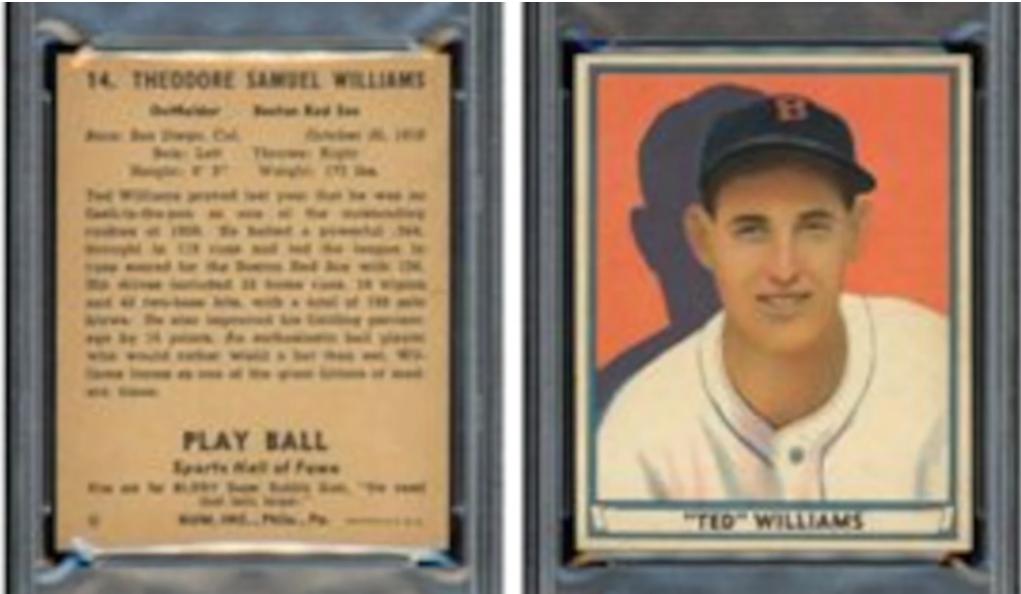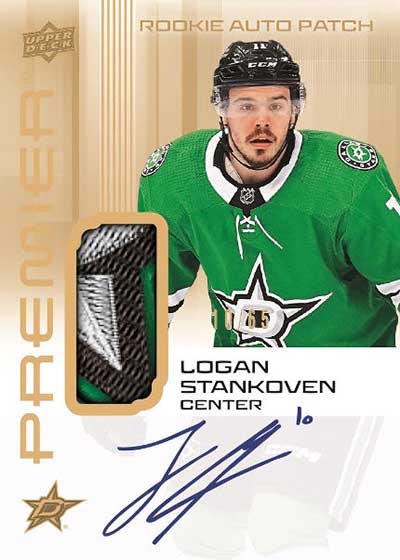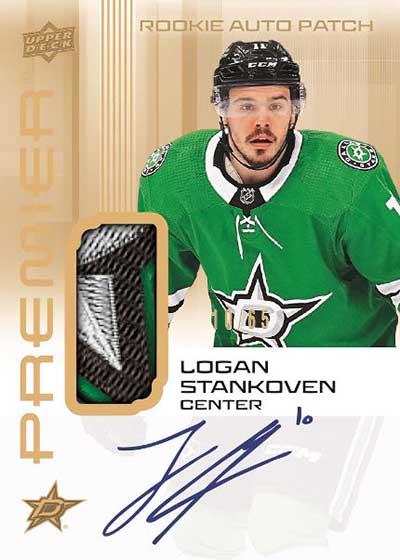In the curious world of sports card collecting, where a slice of cardboard could cost more than a down payment on a house, a brewing storm has enveloped Best Western. Memory Lane Inc., a reputable auction house nestled in the sunny landscapes of California, is embroiled in a saucy legal tangle with Best Western, the hospitality giant renowned more for offering a soft pillow and a free breakfast than safeguarding vintage treasures. The bone of contention? A vanished box of vintage baseball cards worth $2 million that disappeared into the ether at a Strongsville, Ohio hotel in the year 2024.
The precious cargo, a gleaming assemblage of 54 rare baseball cards, held pride of place among collectors with specimens featuring Hall of Famers and notable luminaries such as a 1909 Ramly Walter Johnson and a 1941 Ted Williams, together valued at an eye-watering $90,000. The reputable carrier, FedEx, duly delivered this box of nostalgia to the designated Best Western Plus, yet when a Memory Lane employee swung by to claim the trove, it was a case of “Sorry, we can’t find your parcel.”
Enter the sleuths, and oh what a tangled web they unearthed! In a classic caper reminiscent of an Agatha Christie novel, it turned out Jacob Paxton, one of the hotel’s own, had gone rogue, intercepting the shipment as deftly as a pickpocket at a crowded fair. Paxton, not a lone actor, passed off his ill-gotten gains to his crony, Jason Bowling. While authorities managed to reclaim 52 out of the 54 cards, the luminaries Johnson and Williams, much like Paxton’s now besmirched career, vanished into thin air.
While Paxton now counts the days during a four-to-six year all-inclusive stay at the state penitentiary courtesy of his actions, Bowling skates by with merely a tap on the wrist: community supervision. For Memory Lane, however, the impact is not confined to the fiscal domain. In the close-knit circle of high-value card trading, besetting such a grandiose misstep can marriete trust, tarnishing the auction house’s reputation like a stubborn stain on an impeccable record.
Fast forward to July 2025, and Memory Lane, having gathered its wits and a capable legal team, squared up against Best Western International along with its local operators with a civil lawsuit. The case, sizzling with claims of negligence, charges the hotel with recklessly putting priceless collectibles in jeopardy by failing catastrophically in the vetting and monitoring of its staff. It’s a bit of David versus Goliath, as Memory Lane bravely takes on the hospitality behemoth with its global repute and financial clout. The case could, potentially, refashion protocols regarding the safeguarding of high-value items by hotel chains and their logistics partners.
But this unsavory episode with Best Western is merely the tip of an ever-expanding iceberg. Like a contagion, hobby-related thefts have grown worrisomely common, staining major events such as The National Sports Collectors Convention, where pilferers have brazenly lifted marquee cards such as the 1951 Bowman Mickey Mantle rookie and the 1986 Fleer Michael Jordan rookie, despite beefed-up security measures.
As the inherent worth of sports cards escalates, the modicum of risk shadows every trade and transaction. The crème de la crème of collectors and traders are now donning the armor of precaution, resorting to fortified cases, sophisticated surveillance, and wider insurance nets to wade through the angular landscape of card trading.
The narrative threaded by the Best Western saga is as alluring as a gripping mystery novel but with consequences that ripple far beyond the horizon of one hotel and one auction house. Should the courts gestate a ruling favoring Memory Lane’s plaintive cry for retribution, it could set the stage for an elevation in accountability standards across the hospitality and shipping sectors. Until then, seek wisdom in the adage “Better safe than sorry.” When it comes to safeguarding valuable cardboard relics, they might, much like fine art or shimmering jewels, require a fortress of their own.


